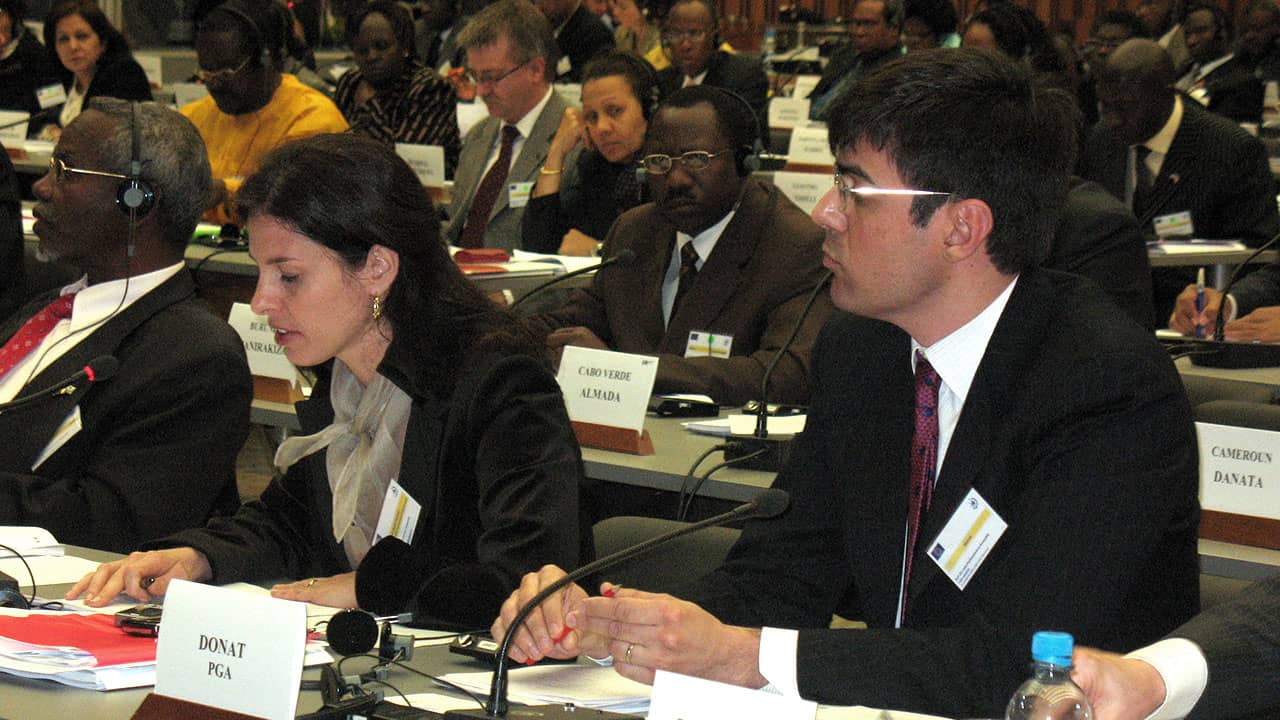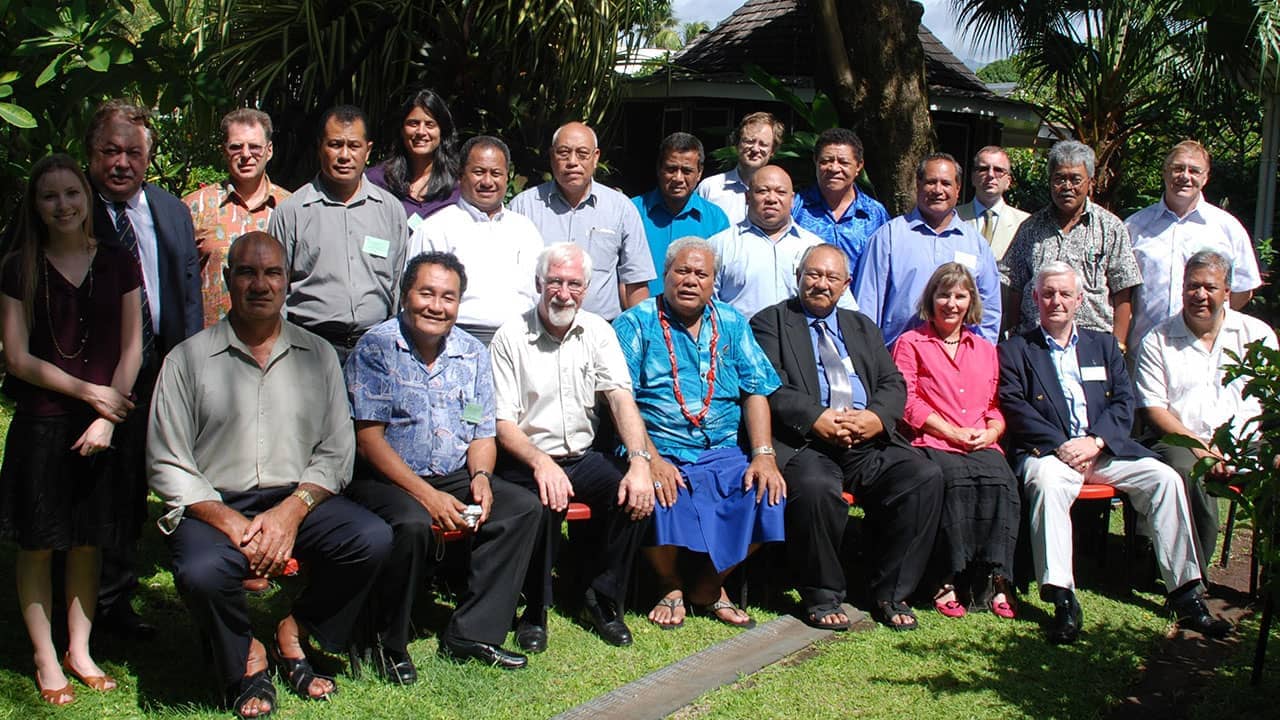Government type:
Self-governing under Constitution, in free association with New Zealand: Cook Islands is responsible for internal affairs; New Zealand has responsibility for external affairs, in consultation with the Cook Islands
Objectives:
-
Implementation of the Rome Statute
-
Ratification of Kampala Amendments
-
Accession to APIC
-
Signing of Voluntary agreements on cooperation with the ICC
Status
-
Rome Statute: Ratified on 18 July 2008
-
APIC: Did not ratify
-
BNSA: None
-
Amendments to the RS: None
-
Voluntary Agreements with the ICC: none
Status of Implementation of the Rome Statute
On the basis of the Commonwealth Secretariat’s Model Law, the Cook Islands has developed an ICC Bill with the help of the Commonwealth Secretariat.
The International Committee of the Red Cross (ICRC) has provided comment on the Bill in an attempt to make it a better fit for the situation of the Cook Islands. However, not development has been known.
Background
Min Wilkie Rasmussen, former Minister of Foreign Affairs, as the then co-President of the ACP-EU parliamentary Assembly, concretized the ratification of the ICC within 3 months after attending the 15th session of the Africa-Caribbean-Pacific—European Union Joint Parliamentary Assembly on the ICC organized in Slovenia on 17 March 2008. The session on the ICC was initiated by the PGA member from the European Parliament, Mr. Jo Leinen, MEP. The ICC OTP was represented by Mrs. Olivia Swaak Goldamn.
Potential obstacles towards full implementation of the Rome Statute
During the ICC Pacific Outreach Roundtable (held in Sydney, Australia, in 2012), it was concluded that the Cook Islands’ difficultly was the absence of a legislative drafter, although the New Zealand Parliamentary Counsel’s Office has dedicated one of their staff to the Cook Islands, Niue and Tokelau for three years.
In her capacity as Acting Solicitor-General, Ms Catherine Evans, identified 30 draft bills and has attempted to have government prioritise and finalise them for submission to Cabinet. The challenge in that period was to have priority accorded to the ICC Bill, as it was one of many waiting for the legislature’s consideration. The assessment in 2012 was that this process might move forward in the year or two that followed. Furthermore, the absence of the legislative programme in the Cook Islands has proved to pose a difficulty to be precise with timing- e.g. in 2010, there w
PGA ACTIVITIES
PGA has been actively engaged in promoting political will in The Cook Islands to accede to the Rome Statute of the ICC. The organization held a Regional Workshop on Good Governance and the Rule of Law in Samoa in March 2008 which included a specific panel on ICC Implementation in the Pacific Island States and challenges currently being faced. The then Speaker of the Parliament of the Cook Island, Mr. Mapu Taia participated in this PGA Regional Seminar.








